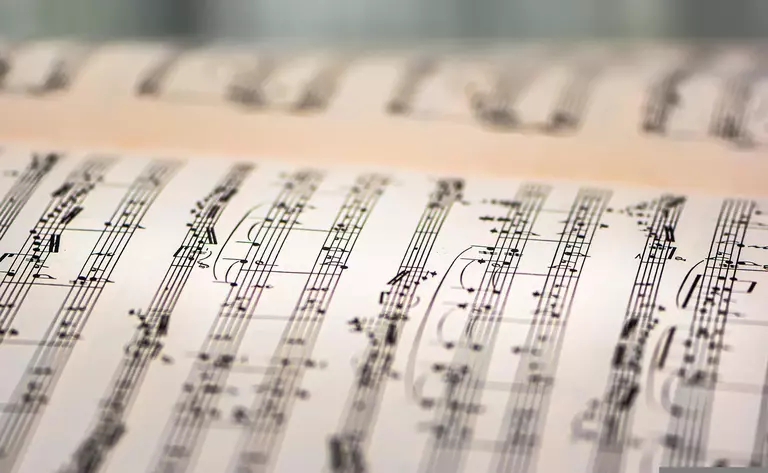5 January 2023
History of the string quartet 4
Since the time of Joseph Haydn, the string quartet has enjoyed great prestige and is considered a true test of the classical composer's art.

This may be partly due to the fact that the sound palette is more limited compared to orchestral music, forcing the music to stand more on its own rather than relying on tonal color, or the contrapuntal tendency intrinsic to music written for four equal instruments. These four instruments demonstrated the importance of working in an ensemble where each member has an equal role in the development of thematic material. The string quartet became a fashionable aspect of 18th-century European society, as wealthy patrons used it as fashionable entertainment in their homes.
String Quartets
Sometimes, for performance purposes, musicians temporarily gather to form ad hoc string quartets. Other groups play together for many years, sometimes changing members but keeping the group's name. The most important ensembles in this genre include: Juilliard String Quartet, Emerson String Quartet, Guarneri String Quartet, The Melos String Quartet, Fine Arts String Quartet, Budapest String Quartet, Talich String Quartet, Takács String Quartet, Tokyo String Quartet, Cleveland String Quartet, and Vienna String Quartet. These ensembles are among the most recorded in the genre, further proof of their high artistic development.
Famous String Quartets
Among the most popular or acclaimed works for string quartet, written between the 18th century and the 1980s, are:
- Joseph Haydn - 68 string quartets, particularly the brilliant set of six from Op. 33 and the six late Erdody quartets, Op. 76
- Wolfgang Amadeus Mozart - 23 string quartets: the six he dedicated to Haydn in particular (K. 387, 421, 428, 458, 464, 465, Op. 10) are widely regarded as the pinnacle of the classical string quartet form. String Quartet No. 19 in C Major ("Dissonance"), K. 465, still surprises today with its dissonant beginning
- Ludwig van Beethoven - sixteen quartets are highly regarded. String Quartets No. 1-6, Op. 18 are considered the proof of Beethoven's complete mastery of the classical string quartet, created by Haydn and Mozart. The subsequent three, the Razumovsky Quartets, remain immensely popular to this day, as they greatly expand the form and introduce a new level of emotional sensitivity and drama. They are followed by String Quartets No. 10-11, Op. 74 "Harp" and 95 "Serioso". Finally, Beethoven's late string quartets, including the last five and the Große Fuge, are the composer's final completed works. These works are widely regarded as some of the greatest musical compositions ever written.
- Franz Schubert - String Quartet No. 14 in D minor "Death and the Maiden". Also, String Quartet No. 13 in A minor "Rosamunde" and his final String Quartet No. 15 in G major
- Felix Mendelssohn - Six string quartets
- Bedřich Smetana - String Quartet No. 1 in E minor "From My Life"
- Johannes Brahms - Three string quartets
- Antonín Dvořák - String Quartet No. 12 in F major "American"
- Pyotr Tchaikovsky - String Quartet No. 1 in D major, Op. 11
- Alexander Borodin - String Quartet No. 2 in D major
- Claude Debussy - String Quartet in G minor, Op. 10
- Arnold Schoenberg - Four string quartets
- Maurice Ravel - String Quartet in F major"
- Leoš Janáček - String Quartets No. 1 "Kreutzer" and No. 2 "Intimate Letters"
- Frank Bridge - String Quartet No. 3
- Béla Bartók - Six string quartets
- Sergei Prokofiev - Two string quartets

+39 331 731 8593
+39 347 798 9505
info@velon.it